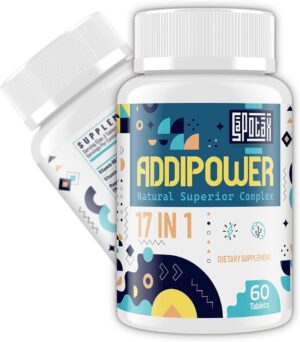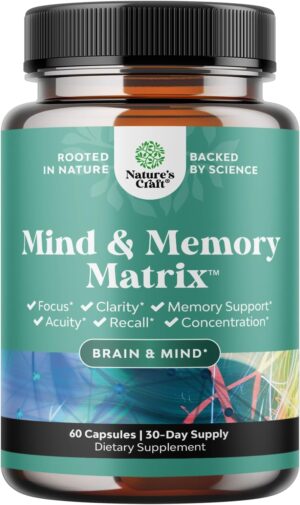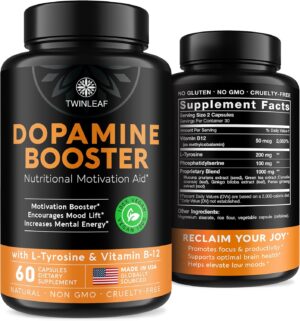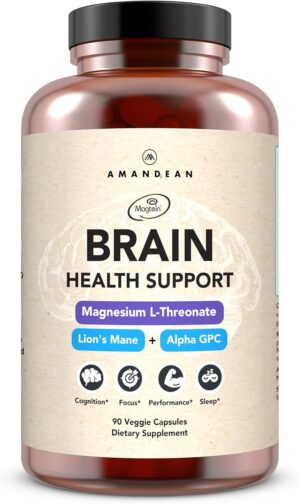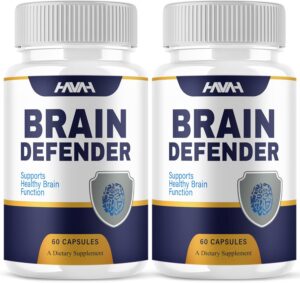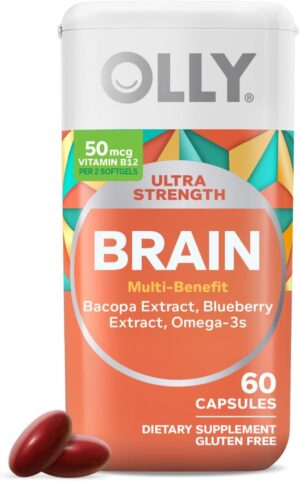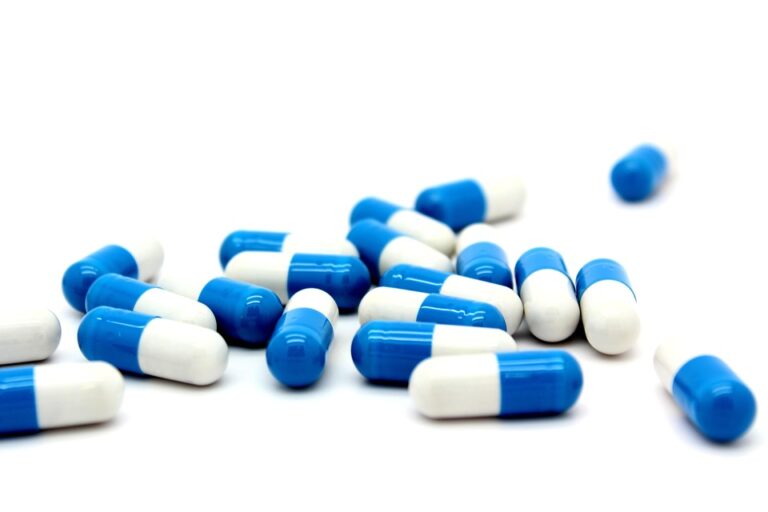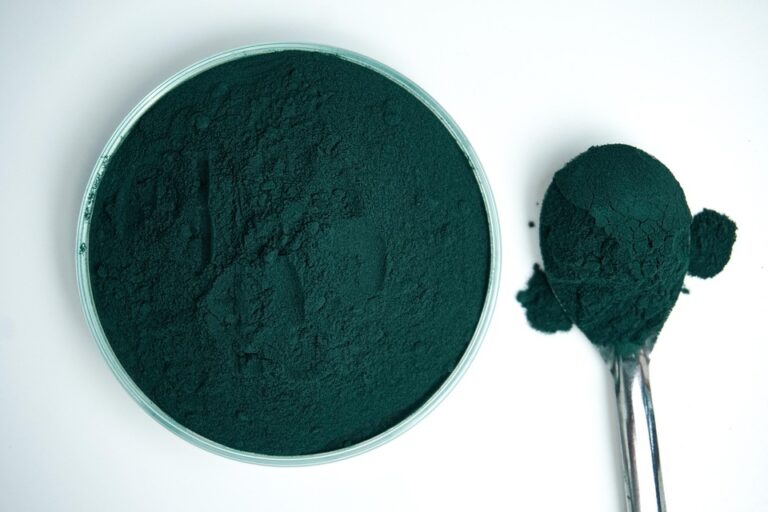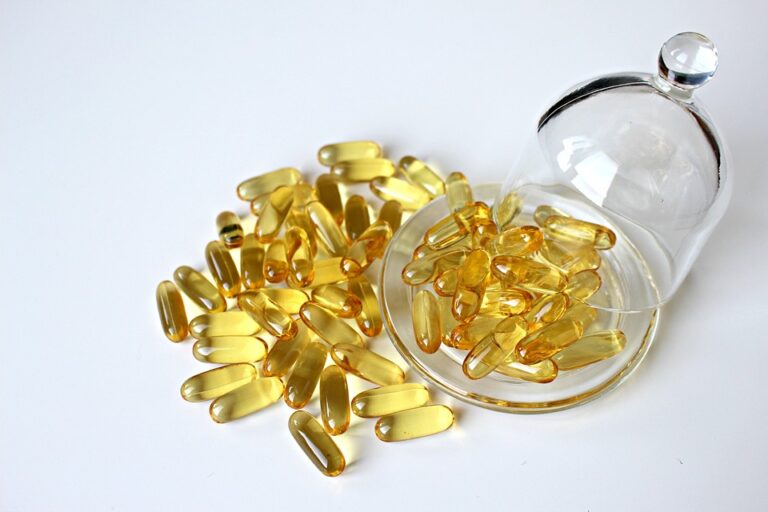Creatine, a naturally occurring compound found in muscle cells and the brain, has long been recognized for its role in energy metabolism, particularly in high-intensity athletic performance. However, emerging research suggests that creatine supplementation may also enhance cognitive function, offering potential benefits for memory, reasoning, and mental fatigue. This article explores the growing body of evidence supporting creatine’s role in cognitive enhancement and its implications for different populations.
The Science Behind Creatine and Brain Function
Creatine plays a critical role in the brain’s energy metabolism by helping regenerate adenosine triphosphate (ATP), the primary energy currency of cells. Neurons, particularly those involved in high-energy-demand tasks like memory and executive functioning, rely heavily on ATP. Supplemental creatine increases phosphocreatine stores in the brain, potentially improving energy availability for cognitive processes.
Additionally, creatine has neuroprotective properties, reducing oxidative stress and inflammation, both of which are linked to cognitive decline. Animal studies suggest that creatine supplementation enhances mitochondrial function, promoting neuronal resilience and synaptic plasticity—key factors in learning and memory.
Evidence for Cognitive Benefits
1. Memory and Reasoning
Several human studies demonstrate that creatine supplementation improves working memory, especially in cognitively demanding tasks. A 2003 study published in Psychopharmacology found that healthy young adults taking creatine performed better on complex cognitive tasks compared to a placebo group. Similarly, elderly participants in another trial showed improved memory performance after creatine supplementation, suggesting potential anti-aging cognitive benefits.
2. Mental Fatigue and Stress Resistance
Creatine may help mitigate mental fatigue, particularly in sleep-deprived individuals or those under high cognitive load. Research published in Neuroscience indicated that creatine supplementation enhanced cognitive performance in sleep-deprived subjects, improving reaction times and decision-making accuracy.
3. Neurodegenerative and Psychiatric Conditions
Preliminary evidence suggests creatine may benefit individuals with neurodegenerative diseases (e.g., Parkinson’s and Huntington’s) and psychiatric conditions like depression. While larger clinical trials are needed, creatine’s role in maintaining cellular energy could help slow cognitive deterioration in these populations.
Safety and Dosage Considerations
Creatine is widely regarded as safe, with extensive research supporting its use even at high doses (up to 20g/day short-term). For cognitive enhancement, studies typically use a dose of 5g/day, which is sufficient to saturate brain creatine stores over time. Side effects are minimal but may include mild gastrointestinal discomfort in some individuals.
Future Directions and Practical Implications
While the evidence is promising, more research is needed to clarify the optimal dosing strategies and duration for cognitive benefits. Additionally, the mechanisms by which creatine enhances brain function—particularly in individuals with baseline deficiencies—require further exploration.
For healthy individuals, creatine supplementation represents a safe and potentially effective way to support cognitive performance, especially during periods of high mental demand. Athletes, students, and older adults may stand to benefit the most from this dual-action compound that supports both brain and muscle energy metabolism.
Conclusion
Creatine’s cognitive-enhancing properties are increasingly supported by scientific evidence, offering a novel approach to boosting brain performance beyond physical exercise. As research continues, creatine could become a mainstream nootropic supplement for improving memory, reducing mental fatigue, and protecting brain health across the lifespan.
For those considering supplementation, consulting with a healthcare provider is recommended, particularly for individuals with pre-existing medical conditions. In the meantime, the dual benefits of creatine for both body and brain make it a compelling candidate in the pursuit of cognitive optimization.
References:
- Rae, C., et al. (2003). Psychopharmacology, 167(3).
- McMorris, T., et al. (2007). Neuroscience, 149(2).
- Louis, M., et al. (2018). Frontiers in Neurology.
Would you like additional details on specific studies or cognitive domains affected by creatine?


